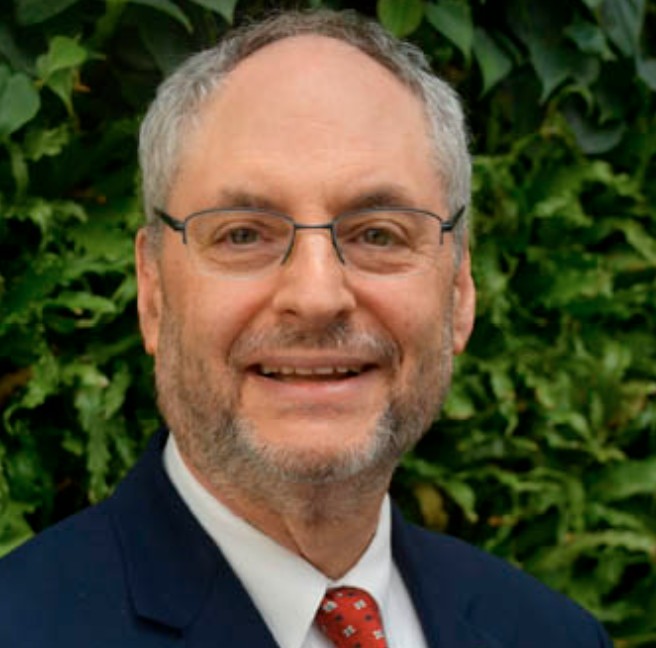On behalf of 20,000 physician and student members of the Medical Society of the State of New York, and the hundreds of thousands of patients we treat each year, we thank the Assembly and Senate for rejecting within their respective one-House Budgets a proposal within Part E of the Executive Budget HMH Article 7 bill that would completely and unfairly extinguish the right to appeal an underpayment by a Medicaid health plan to the state’s Independent Dispute Resolution (IDR) process.
The rejection of this proposal in last year’s State Budget we believe reflected the Legislature’s serious concerns with the adverse impact that this change could have on patient access to skilled specialty physician care, including access to needed and often immediate surgical care in hospitals across the State.
Those concerns are no less this year.
In implementing New York’s well-regarded surprise billing law, policymakers have regularly sought to ensure access to a fair dispute resolution process to resolve payment disputes that will not favor either the provider or the plan. The “baseball arbitration” format of New York’s IDR process, in which the arbitrator selects one number or other (and not a “compromise” number), forces the provider to be reasonable in what they charge, and the insurer to be reasonable in what they pay.
Ultimately, however, these balances are struck as a means to ensure patients have timely access to needed and often immediate care.
Without the ability to access this appeal process, physicians will be forced to accept absurdly low Medicaid payment rates that do not even come close to covering physicians’ rapidly rising overhead costs. Despite the valiant efforts of the Hochul Administration to begin to reverse this problem, New York notoriously still has among the lowest Medicaid physician payment rates in the country Medicaid-to-Medicare Fee Index | KFF.
If this change is permitted it go into effect, it will likely discourage many physician specialists from providing essential on-call emergency department care, at a time when many such departments are already frequently understaffed and have insufficient on-call coverage.
Of greatest concern, this change will incentivize these already well-heeled health plans to significantly cut payments for all of their network-participating physicians, endangering access to care for their enrollees and further threatening the viability of many community-based physician practices. This is despite the fact that many plan are already seeing record profits UnitedHealth Group Profits Hit $22 Billion In 2023
The insurance industry had another banner year in 2024. Fidelis, the number one Medicaid Managed Care insurer in New York, reported $113 million in profits and $190 million in investment income. Fidelis Insurance Group – Fidelis Insurance Group Reports 2024 Fourth Quarter Results These are the healthcare dollars that we all contribute—money that insurers hold and invest, even as they drag out payments for legitimate medical claims over 30 days, or sometimes more than a year. By removing the IDR process, this will help insurers retain even more of those funds and boost executive bonuses – this does not improve patient access or health outcomes.
The relatively small State Budget savings of this proposal is significantly outweighed by the significant risk that this change would have on patients’ access to urgently needed skilled physician care, both in critical care settings and in community-based medical practices.
We urge that this proposal again be rejected as part of adopting a final State Budget for the 2025-26 Fiscal Year.
Jerome Cohen, MD is President, Medical Society of the State of New York.
*sponsored content*
The post TAKING AWAY PHYSICIAN APPEAL RIGHTS IS A GREEN LIGHT TO INSURERS TO NARROW PATIENT CARE NETWORKS appeared first on EMPIRE REPORT NEW YORK 2025® NEW YORK’S 24/7 NEWS SITE.

